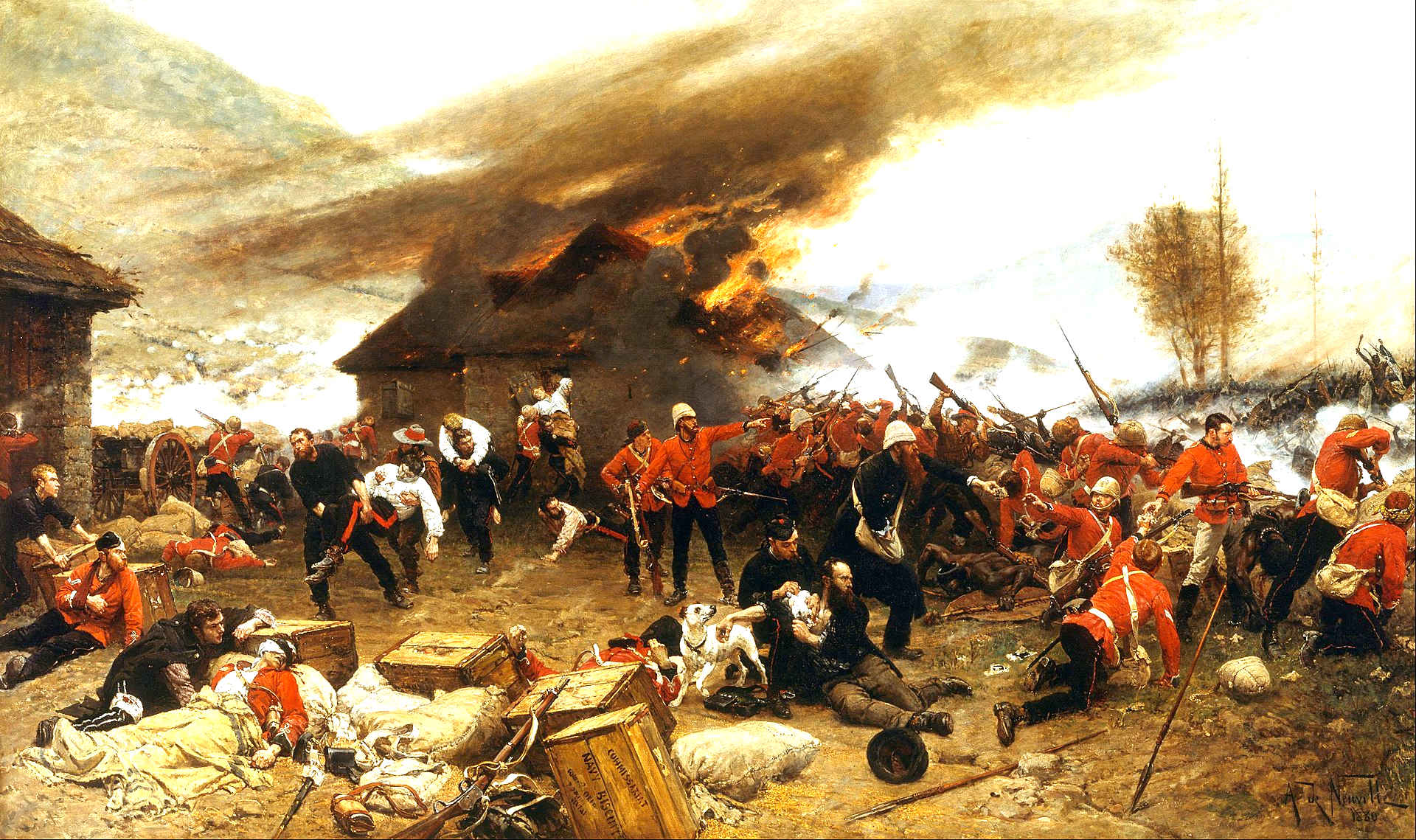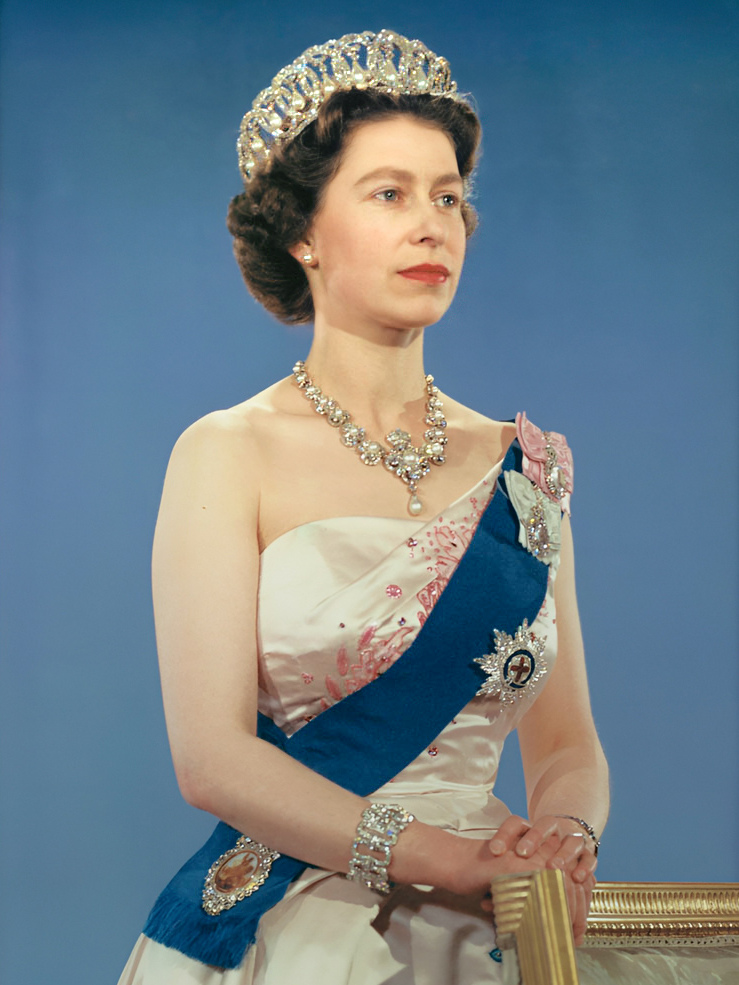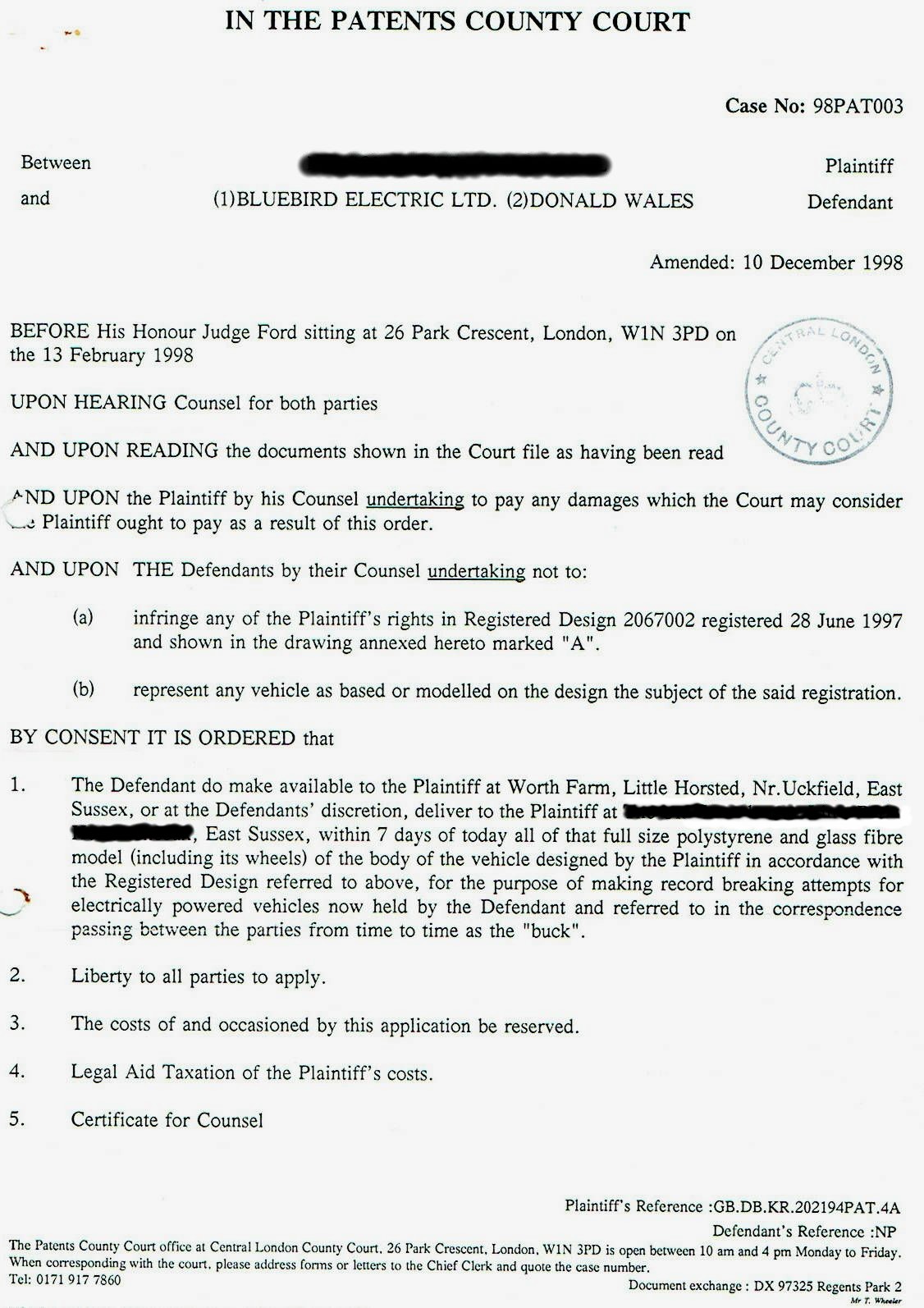|
VICTOR von WOOLFE - THE COLONIAL BULLDOG
Find your way using our MORAL COMPASS or revisit our LANDING PAGE
|
|
This includes destroying an innocent man, in framing him for crimes he did not commit, so that nobody will believe his story.
Such misuse of authority is a thread running through history, and is of course illegal. Such stories are part of our culture, one of the most famous being the 'Robin Hood' legend of yore in Sherwood Forest, more accurately Lord (Lockersley born 1160) Loxley and the evil Sheriff of Nottingham, under King John's rule. Today, we call such oppression, institutionalised discrimination. Leaning more toward battles against oppression like the stories of Mahatma Gandhi, and his struggle against the British Empire, Colonial rule, and independence for India, opposing the "Untouchables," Caste, (social classification) system, criminalized in India in 1963, but astonishingly, still practiced in closed sessions in England, by planning committees in the 1980s into the year 2000, when the Human Rights Act 1998 finally began to bite.
John
Brown's fight against slavery in America, as a radical abolitionist,
unusually involved violence. At his hanging in December 1859, Brown proclaimed,
"Now, if it is deemed necessary that I should forfeit my life for the furtherance of the ends of justice, and mingle my blood further with the blood of my children and with the blood of millions in this slave country whose rights are disregarded by wicked, cruel, and unjust enactments -- I submit; so let it be done!"
Victor was born into Apartheid (1948 to 1994) in South Africa, amidst racial segregation under an all-white government, which dictated that non-white people (a majority of the population) were required to live in separate areas from whites and use separate public facilities. On moving to England in 1956, Victor's mother told him that the UK was a free country. Nothing could have been further from the truth.
In all these momentous challenges to authority, the proponents of cruel regimes rely on the assistance of none other, than their local constabulary. Thus, they are the law; untouchable. They exert power over the courts behind closed doors, craft evidence, and in the case of criminal charges, these jolly good fellows, know that their victim cannot match their enormous financial advantage, to unwind frame-ups. Those who are legally aided can barely scrape together a pantomime performance from a chicken barrister, who is fed virtually no corn to attend and cluck a little, knowing well his part in the performance is preordained. Certainly, the defense can afford no medical expert of their own. The State has seen to that. Criminal barristers finally came out on strike against such inequalities. To no avail, against a Conservative regime drowning in debt and procurement fraud.
"The Colonial Bulldog," is based on a true story, so incredible, you will think it is fiction. The facts, though, are there for everyone to see. Everyone but the myopic British justice system. Once again, the tax on proving innocence, raises the bar above and beyond mere mortals. Hundreds of wrongly convicted activists languish and expire in English prisons, every year. That is their secret agenda. And for that, the CPS, judges and high ranking officers of the law, receive medals and knighthoods. That is why, in the UK, there is no written constitution.
THE BEGINNING
Our protagonist was an ordinary boy growing up, fitting in with his contemporaries during schooling and showing no signs of outstanding achievement. Somewhat a dreamer. He barely scraped through a secondary education, as the family bounced from one location to another, including old London town, and finally, his mother decided to abandon her children, suffering a mental breakdown; she returned to Durban, South Africa. Leaving her children with their father. Unusual to say the least in the 1970s.
Victor Von Woolfe* (the main character in this story) was born in Johannesburg. Under a star sign that for some reason spawns quite a few specimens, who later go on the achieve great things. Why that should be so, is anybody's guess. This region of South Africa is held to be the Cradle of Mankind, at Gauteng Province, and further north at Olduvai Gorge in Tanzania. Giving the why as to Victor's interest in anthropology. If you give credence to birth signs and the like.
A great example of such determination is the Engineer officer John Chard, at Rorke's Drift, who beat back three to four thousand in number of Zulu warriors with just 150 men in 1879, in defending Natal Province, during the Anglo-Zulu wars, a single engagement where 11 Victoria Crosses were awarded.
Undeterred, and financially ruined after an argument with his employers, Victor's father made a new home for him and his sister, in a town on the south coast of England, Eastbourne, in Sussex. They later moved to Seaford as their father prospered, and took a new wife, who turned out to be very supportive. His father's former employers could not operate a construction business without the managerial expertise of the man they sacked, and he took over that business to bail them out of contracts they could not fulfill. Then, during sweeping reforms, Margaret Thatcher, in typical unthinking mode, effectively put this enterprise out of business. Once again putting the African Bulldog in a fluid situation. He toiled in factories in Newhaven and Eastbourne, then freelanced for Simplantex, in Eastbourne. Victor moved to a single room in Eastbourne, to pursue his inclination for innovation and gain independence.
'The Colonial' turned out to possess multiple skills, turning his hand to wood and metal craft. He became a sub aqua diver and later a welder. It turned out that our hero was also a capable constructor. Soon, he was in demand, making steel frames for factory production tables, and customizing cars. He continued to convert houses to fund his other ambitions. Then one day when working on a house for Nikolai Askaroff, the son of a Russian émigré, he came across a derelict building in the country that was falling down. For some reason he was drawn to the ramshackle installation, as invisible Ley lines steered him between locations, if you cotton to such notions.
The Colonial in 1981 was a soft target - knowing nothing of planning law. The Colonial in 2020, after some battle experience, but with still some to go. Bulldogs are of a particular form, remarkable for their courage. The bull-dog is low in stature, deep-chested, and strongly made about the shoulders and thighs, the muscles of both of which are extremely developed. His head is broad, his nose short, and the under jaw projects beyond the upper, which gives him a fierce and disagreeable aspect. He is the most ferocious and unrelenting of the canine tribe, and may be considered courageous beyond every other creature in the world, for he will attack any animal, whatever be his magnitude.
THE MIDDLE
This turned out to be a turning point in Victor's life. It was good in that he now had a workshop of his own. It was bad, because the premises were in the Wealden District. One of the most corrupt councils in England. A counter to the Sheriff of Nottingham.
As you will discover, physical strength is necessary for someone who is building, diving and making things. But mental fortitude is another thing altogether. Most people give up the fray after a few years of hitting their head against a brick wall. A very few brace themselves for a challenge. In this case a battle royal, which after twenty years of fighting, two marriages and the purchase of two additional houses, Victor began to turn the tide. He was determined to prove Wealden had lied to the Planning Inspectorate, eventually joining with eleven other informants, to petition the deviant council in 1997.
The shock revelation was, that Sussex police were active in a cover up, so too the Crown Prosecution Service.
Victor hung up his welding torch, in exchange for law books, focusing on planning guidance. He won a number of cases for clients, as a volunteer advocate. Setting a case precedent in obtaining a costs order, where he was not qualified in planning law.
Wealden Council and Sussex police were at the end of their tether. The African Bulldog was unraveling their corrupt empire, with every case he won. This was undermining public confidence in the Wealden area. And the Colonial kept pushing for an investigation, which the police steadfastly parried. They knew he was immune to their Gestapo style enforcement raids, 186 recorded events by this time. And the public were reading about his exploits on two dedicated websites. Something drastic had to be done. Wealden had been party to the raid in Hastings, on James Ashley's flat. Providing misleading evidence to elicit an armed raid. In 1998 WC asked Hailsham police for their help. But they could not mount an armed raid, because Victor had written in to complain about WC's David Phillips attempt to force himself into the premises, when he assaulted Victor, who stood firm. A site visit by an Inspector from Deer Paddock, revealed there were no firearms on the premises, as alleged by WC. Derek Holness was the chief executive at the time, writing to Sussex police (SP).
Then a golden opportunity presented itself to WC/SP, Victor has split up with a councillor's daughter. The councillor was a prominent Mason who had worked with Sussex police on other matters, despite a criminal record. The daughter was a single mum, who had vowed to "get" Victor, should he leave her. The councillor wanted revenge for the Colonial, calling off an engagement to his daughter. Only natural. But it is not natural to coach and nurse a lie of such magnitude, to gain revenge. Though, some women will take things to extreme, as portrayed in the famous film 'Fatal Attraction,' from where the phrase "Bunny Boiler" was coined.
It was (allegedly and apparently) a simple matter to persuade the mother to testify against him, alleging that her daughter had been sexually abused. The police were only too pleased at this opportunity to discredit the African Bulldog. The newspapers piled in, and the radio. Fed by Sussex police in such manner as to ensure any Jury would be swayed.
The police failed to secure the crime scene. Collecting only evidence to convict. It did not matter to them that the female complainant was still a virgin, physically intact. Despite this inconvenient truth, they went for penetrative rape. It seems they persuaded the girls mother to hide her diary in her loft. The police did not search the loft deliberately, and ignored the girls collection of VHS tapes, of The Bill, and Casualty. Many of these episodes focusing on rape and sexual abuse, about which she had a fixation. The girl claimed she did not know that rape was wrong in her evidence. Those tapes, the missing diary, and a genuine forensic report would have proved beyond all doubt, that the claims were false. They could not allow that, where their objective was to silence the whistleblower.
Victor's barrister, a local Sussex man, refused to challenge the medical evidence. He also allowed the police to retain privileged legal documents they'd taken illegally. In effect, telling them they could convict unchallenged. He would simply put on a pantomime performance. He was an amateur dramatic. He stayed silent as to the small matter of impartiality, when any barrister working to do right by his client, would immediately have raised the Sussex Justices flag, and demanded impartiality in an outside force investigation, to obtain a fair trial. Julian Dale and Timothy Stirmey (solicitor) were either in on the conspiracy, or dullards of staggering incompetence. They decried Legal Aid funding limitations, to excuse their sloth, tightening the noose around their client's neck.
Naturally, Victor was convicted. He was sent to Lewes Prison, maintaining his innocence. All the while being verbally and mentally tortured by a system where the prison staff try to browbeat beat prisoners into admitting offences. And even the inmate prisoners give those convicted of such offences, a hard time. The weaker ones being knifed or beaten up routinely.
This is where Victor's 'Bulldog' qualities came to his aid. Where he was threatened, he met those threats head on. He studied criminal law as far as he could, with some assistance from prisoner charities. He assumed he had a right of appeal. And true to form, he took on Her Majesty's prison system. Eventually, his cells various, became known as 'Chambers.' Prisoners would seek him out, to get advice on their appeals. Other prisoners asked for his help in adjudications "down the block." He became a kind of 'Duty Solicitor.' Which prison Governors hated. Because it undermined their authority.
True to form, the High Court refused transcripts that were necessary to be able to mount an effective appeal. A single judge, Sir Christopher Holland, fudged his appeal form, smudging the box where time served would be taken from him, in the event his application to three judges was refused. The Court would not clarify the situation, was it a tick, or a rubbed out tick? A tick means losing time served, in having the temerity to appeal.
In any event, without the necessary transcripts, it was impossible to mount any sort of argument based on independent medical evidence. It would be two years before information came to Victor, in the form of another inmate, sharing his medical evidence, who we will call "Momo." Then it became clear that Melanie Leibenberg had all but lied on oath. She told the Jury that she could not think of any way that marks on the claimant could have got there. But that was not true, those marks turned out to be naturally occurring on almost every female. This medical fact, being available to her, via her colleague, Elizabeth Carter, who said so in a Report on another case, that the Colonial was not supposed to see. That of "Momo." She appeared and is alleged to have known this, when she sent an innocent man down.
Judge Cedric Joseph, turned out to be incompetent. In his summing up, he attributed a diary belonging to the claimant's mother, to the defendant. Confusing the Jury, who failed to seek clarification on this point. The judge told the jury to make of the medical evidence what they will. Turning them into forensic experts, which of course, none of them were.
In the absence of funds to challenge the medical evidence, and he not even bothering to apply for such additional funding, Julian Dale, had joined with the prosecution, in failing to mount an adequate (full and fair) defence. [Boodram, V Trinidad & Tobaggo]. He had become a prosecutor, not a defence barrister.
THE END
The next set of battles would be the most difficult to endure. Released from prison, Victor discovered that the Criminal Cases Review Commission (CCRC) were prone to discrimination, and part of the British whitewash process. He had found two almost identical cases where the CCRC had referred convictions to the Court of Appeal. But they had failed to look into the virginity issue, and flatly denied that Cedric Joseph had mis-directed the Jury. Though, transcripts eventually obtained, proved that beyond all doubt. Hence, they had been negligent. But, it appears this is not a case of simple error, for they compounded their misfeasance in public office, by trying to cover that up in mounting a challenge to an application for a Judicial Review.
More raids followed. More false accusations. A pattern was established, where a complaint from the Colonial was dismissed, but a complaint against their target was pursued with all vigor. No matter that he'd made a complaint against one of the parties concerned, earlier. This pattern is a repeat of that in 1997, when criminal allegations were not investigated by Sussex police.
This
unfavorable treatment, underscores the failure to properly investigate
the supposed crime scenes.
Corruption
lurks in every corridor of local and national buildings.
Queen Elizabeth
was asked for help. She declined. The duty to provide an effective
remedy, now rests with
King
Charles.
The South African's story, is not an isolated case. But, one of many. Knowledge of this has given Victor a mission in life.
The 'Bulldog' in him had endured well over 190 Gestapo style enforcement visits to 2017. And some dozen or more police raids, also designed to intimidate. The last in 2019 in November, accused of a malicious communication, involving PC Kara Tombling. When, the communication was not of his making, and was recording the reporting of a crime, by a third party, relating to the old Pumping Station. (Note: name of premises changed to protect the victim).
The object was to grind their target down. Make it so that they cannot operate. Steal legal papers, to be used against their victim. And generally abuse laws, such as anti-terrorist, or anti-money laundering statute, to track every move that the whistleblower might make.
Not having an effective remedy, the target lost friends and family. And becomes an outcast. Mainly because, former friends and allies, in not understanding what is going on behind the scenes, they tend to think the worst, even when trying to remain impartial.
Fortunately, a core of supporters remain convinced that Victor von Woolfe will one day be vindicated.
However, corruption and injustice is institutionalised in the bankrupt United Kingdom. Even now, the Conservatives are trying to dilute further, the Human Rights Act 1998, that is woefully deficient to safeguard a persons rights as it is.
* Please note that the name of the main character has been changed to protect him during the development of this story based on real events. Victor Von Woolfe is an alias, or John Doe. Not the main character's real name at the time of the events described. The production of this Docu-Drama, by Jane Doe.
Court Order 10th December 1998, for return of Glassfibre bodywork, chassis and wheels, and not to infringe the right of the Plaintiff in the Registered Design for Bluebird-Electric. Note, that by this time the vehicle had been displayed at the Bluebird Store in London, and at Pendine Sands for Bluebird Holiday Homes. Generating some £155,000 pounds income. Whereas, the money claim attaching was around £62,000 pounds. The Plaintiff subsequently offered to take half the claim @ £31,000. But Don Wales refused to countenance any payment. Preferring to transfer the assets of the company, Bluebird Electric Limited, to another company, to take them out of reach of the Claimant. It is alleged that such a move may constitute Fraud, under the Theft Act 1968, when viewed against the applicable Company law. There is no statute of limitations in cases of fraud. However, Sussex police refused to look into the allegation of fraud. Instead, they raided the Plaintiff's offices, on the complaint of Don Wales, that such documents were not genuine. On discovery that the documents were genuine. They did not prosecute Don Wales for wasting police time. This is just one element of a claim against Sussex police, alleging institutional discrimination and victimization. Where Sussex police is alleged to have conspired with Wealden District Council's officers, to avoid investigating multiple allegations of Planning Fraud. Don Wales is known to have at least one friend serving as a District Councillor. It is also alleged, that Wealden illegally passed documents they had on file, to Don Wales, in contravention of Data Protection law. Please note that this document has been redacted to protect the identity of the Plaintiff.
REFERENCE
https://
|
|
|
|
|
Please use our MORAL COMPASS to navigate this story, or revisit our LANDING PAGE
This website is Copyright © 2024 Injustice Alliance. The views, performance reviews and opinions of the Trust are protected by Articles 18 and 19 of the Universal Declaration of Human Rights.
The names of the main character and some of the supporting characters have been changed to protect their identity. Other characters in this work of fiction, retain their original names, where historical facts are quoted essentially and accurately, with reference to key documents tendered as supporting evidence. Copyright is asserted as per sections 77 and 78 of the Copyright Designs and Patents Act 1988. The truth is stranger than fiction.
|




